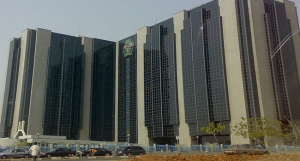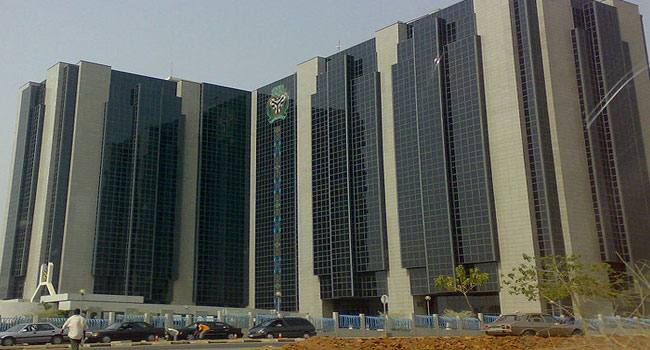
In an investment research report released on Monday by the FBN Capital, the firm said the combination of fuel shortages, higher imported food prices and Naira devaluations in November 2014 and in February this year, would be critical at the next July meeting.
As the Nigerian economy grinds to a four per cent growth in the first quarter, the lowest in three years, some analysts say there are grounds for interest rate easing to stimulate the economy.
The statistics office’s ‘May 2015 Report’ shows the negative impact of both the crunching petrol shortages and the late start of rains on domestic food production on national inflation levels.

